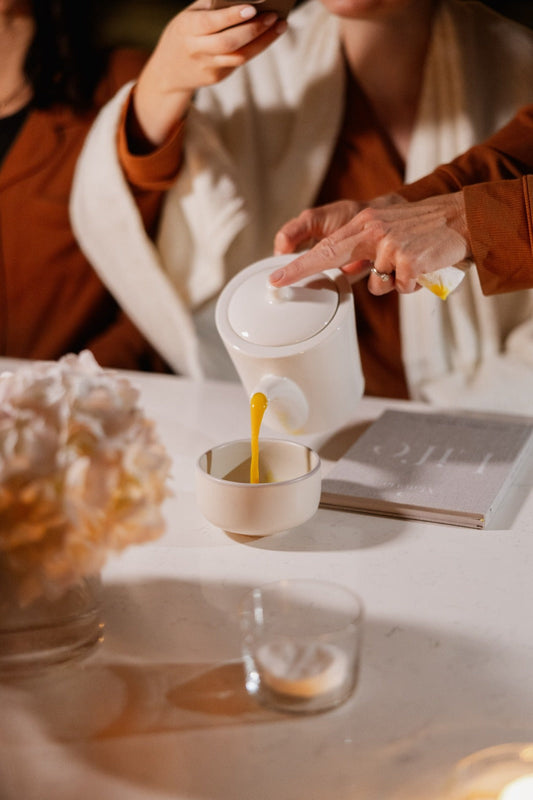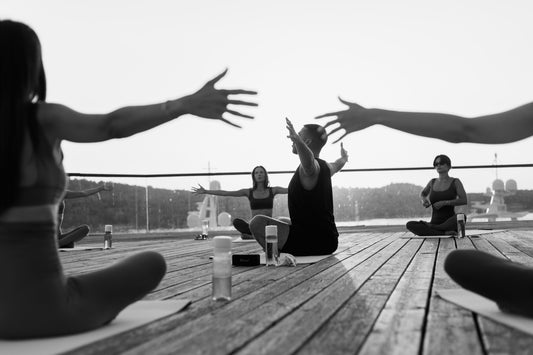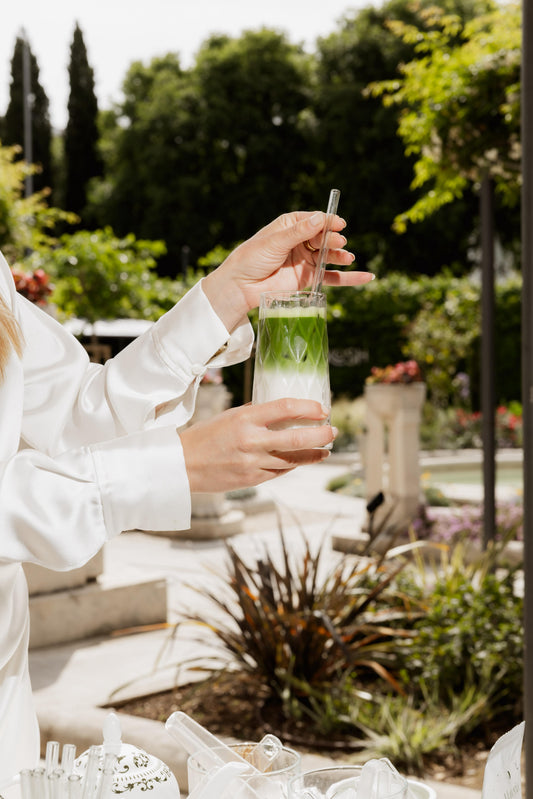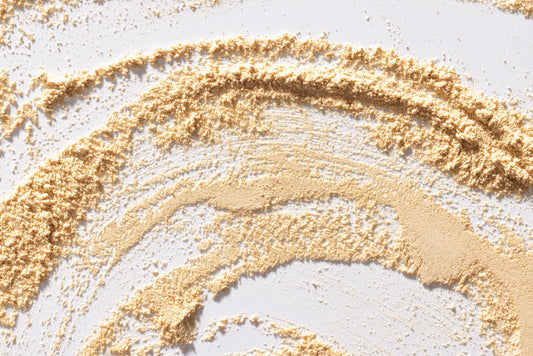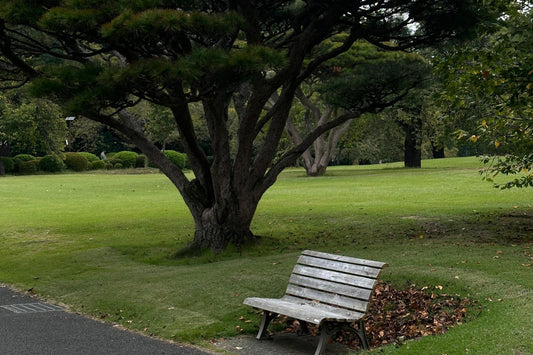Ikigai: The Japanese Centenarians' Secret for a Fulfilling Holiday Season and New Year
Could adopting the principles of an ancient Japanese life value—embodied in a word for which we have no direct translation—ikigai—create a happier, healthier, more fulfilling, and more meaningful holiday season?
Ikigai is a Japanese concept that translates to "reason for being." It's often associated with the idea of finding one's personal purpose in life and is considered to be a source of fulfillment and happiness. The concept of ikigai suggests that by aligning our passions, skills, and values with the needs of the world, we can find a deeper sense of meaning and purpose. This sense of purpose is believed to lead to a happier, more satisfied life.
Your ikigai is your life purpose or your bliss. It's what brings you joy and inspires you to get out of bed each day.
We're all searching for purpose, right? At this moment, a life purpose seems to be at a particular premium. But in Okinawa, the Japanese island with the most centenarians in the world, people already know their ikigai—it's the reason they get up every morning. Yet, ikigai is more than mere purpose.
It's a blend of many vital habits that, if we nurture them over the holidays, can not only enrich our time off but also help us create a new sense of contentment and well-being.
Perhaps this could be something we want to carry with us into the new year, as part of new, better habits.

1. Spend time with your "moai"
In Japan, a moai represents an informal group of people with shared interests who provide support for each other, as Ken Mogi explains in his book "Ikigai - The Japanese Way of Finding Life Purpose." This sense of belonging and support helps an individual secure a feeling of safety and increases life expectancy.
→ Imagine using these holidays not just to exchange gifts but to re-establish connections. Host a get-together with neighbors, join forces for decorating, share stories, or simply enjoy a warm drink in good company. Maybe even redesign tradition by discovering new hobbies or reviving old ones together.
In this time of year, when the spirit of togetherness is strong, every moment of shared time can deepen our bonds and enrich our lives. And who knows—maybe those renewed connections become our personal ikigai—the reason we wake up with a smile.
2. Stay active in mind and body
The health of the mind and body are interconnected, and keeping an active, adaptable mind is one of the key factors in preserving youth. While it's tempting to just sink into the couch in front of the TV, neglecting physical and mental activity takes its toll on our body and mental health.
→ As the world slows down and we wrap ourselves in blankets, perhaps it's time to retain that sense of movement, not just for our body but for our mind. The days between Christmas and New Year's, if you're free from work, can be perfect for reconnecting with yourself in a more active way.
Imagine starting each day with a morning walk, even when it's cold—the sensation of chill on your cheeks can wake you up faster than a cup of coffee. Or maybe you discover local trails you've neglected or take up a new hobby that requires more than fingers sliding across a screen. This new activity might not only revitalize your body but awaken your mind from its winter slumber.
Staying active isn't just about keeping trim or building muscle—it's about keeping our inner world as vibrant as the outer one. So when the holidays end, perhaps we won't just be piecing together New Year's resolutions but striding into the new year renewed, active, and ready for whatever life brings.

3. Practice "kodawari"
In a world of quick fixes and instant gratification, the Japanese concept of kodawari, the art of commitment to detail and perfection in doing one thing, offers a very different approach. It's a philosophy that advises you to start small, without the pressure to achieve unrealistic goals. Imagine it this way: in Japan, preparing the perfect bowl of ramen noodles, where each step, from simmering the broth to placing the last nori leaf, demands attention and precision. It's a spirit that Japanese ramen chefs share with the world, patiently and passionately.
→ But kodawari isn't reserved only for high-art kitchens. We can all apply it, whether we're preparing a holiday meal, adorning the doorway with a beautiful wreath, or crafting a personal gift for someone special. Pick one thing to do these holidays and dedicate yourself to it with the love and attention it deserves.
It's practicing living in the present moment, celebrating the process as much as the end result. That's what we need this holiday season. A time to slow down, focus on what we're doing, and relish the moment.
4. Eat mindfully
There are many secrets to why the people of Okinawa live so long, but when studying their daily habits and ways of living that contribute to their ikigai, one of them must be the common Japanese saying "hara hachi bu," which means to fill your belly to 80 percent.
The ancient wisdom advises stopping eating before we're completely full.
→ Food is a big part of the holiday season. By following this old wisdom, not only might we avoid that ubiquitous post-binge heaviness, but we could make room for not just more treats but more joy, more conversation, more dancing.
Perhaps our Christmas could become less about quantity and more about quality—not just in terms of food but in terms of time spent with loved ones.
This 80 percent rule might seem like a small step, but it can lead us towards greater, long-term health and happiness. As the year draws to a close and we contemplate New Year's resolutions, maybe hara hachi bu could be not just a way to survive the holidays but to celebrate them—feeling lighter, healthier, and perhaps a bit wiser.

5. Find joy in the small things
Ikigai is found in the realm of small things, says Mogi. The morning air, a cup of tea, a ray of sunshine. Only those who can recognize the wealth of this whole spectrum truly appreciate and enjoy it, says Mogi. In essence, practicing mindfulness is a beautiful way to notice and appreciate the small gifts in which we can find joy every day.
→ Imagine starting each morning with awareness—the first sip of your favorite matcha tea, the feeling of warm sunlight gently caressing your skin, or watching the smile on a loved one's face as they open a gift you've carefully chosen.
Practicing a focus on the small things isn't just a way of life; it's an art that teaches us to appreciate and celebrate every moment. By soaking in these small, everyday joys, we can discover a deeper happiness and contentment that we might overlook when we focus only on the big events.
So, this holiday season, instead of getting lost in the rush and noise, let's pause and embrace those small moments. Perhaps it's in those quiet, unassuming seconds that we discover our ikigai. Embrace also those little moments we experience only once a year, during the holidays, with all your senses and carry them with you all year long.
6. Find your reason to get up in the morning
Having a reason to bounce out of bed in the morning isn't just a matter of routine but is at the heart of the Japanese concept of ikigai. This hidden gem within us isn't something we create but discover through life. And while you're still searching for your ikigai, think about the small rituals that make your day special.
Ken Mogi talks about Japanese customs that include morning group exercises, games of shogi (Japanese chess), or enjoying a sweet breakfast, which release dopamine daily and make us happier. Doesn't that sound like the perfect way to start the day?
"No matter where you are in the world, if you make a habit of doing things you like soon after waking up, dopamine will be released in your brain, enhancing those actions," says Mogi.
→ So why not, during these holidays, allow ourselves a little more? Perhaps start the day with a long, carefully prepared breakfast, a session of meditation or yoga, a walk through quiet nature, or even a favorite TV show. Who knows, maybe these small morning rituals become new habits that transform not only our mornings but our whole year—making life extraordinary all year round.
As we step into the new year, consider incorporating ikigai into your New Year's resolutions. Let it not just be a quest for instant joy but a long-term discovery of deep purpose that drives you every day, every morning, every moment.





